Africa/Uganda/14-01-2022/Author and Source: www.kbc.co.ke
Children in Uganda have expressed their joy at finally returning to school nearly two years after they were closed because of Covid.
“I am really excited because it’s been a long time without seeing our teachers. And we have missed out a lot,” Joel Tumusiime told the BBC.
“I am glad to be back at school,” echoed another, Mercy Angel Kebirungi.
But after one of the world’s longest school closures, authorities warned at least 30% of students may never return.
Some have started work, while others have become pregnant or married early, the country’s national planning authority said.
About 15 million students have been affected by the closure, the government says.
“We can’t let this happen again. We must keep schools open for every child, everywhere,” the UN children’s agency, Unicef, warned on Twitter.
Some classes reopened in October 2020 temporarily but closed again in May and June of the following year.
While schools were closed, there have been some lessons via the radio, TV and newspapers while some schools have provided printed materials, but these have not reached everyone.
Wealthier Ugandans have also been able to access online classes and home tutors.
But many children have not been to school for about 22 months.
One pupil explained how she continued learning during the long hiatus.
“My parents never had the time to study with me. When schools were closed, I was able to read, but on my own. Sometimes I would meet with friends to study,” said Christine Teburwa. Like Joel and Mercy, she is in Primary Five, meaning they are between nine and 11 years old.
Pupils who have not had any education since March 2020 will resume classes a year above where they were before the pandemic.
However, some parents in the capital, Kampala, questioned this.
“My children have not been learning at all. I wish they could be allowed to continue from where they stopped,” Rachael Nalumansi said.
“Before the first lockdown, our children had only been in school for two weeks. So it is a bit concerning that they are now promoting them to the next class,” Vanetta Bangi said.
For those students who have not accessed any form of studying during the pandemic, the curriculum will be abridged to focus on core areas and give them a chance to catch up.
Lessons were already underway at some schools I visited on Monday morning while at others, students were still cleaning classrooms and re-organising their desks. Others were still registering with the school administration.
Boarding school students in Kampala and the nearby districts will start throughout the week, to avoid congestion on public transport.
Despite authorities instructing that health and safety measures like masks and social distancing should be in place, not all institutions have the space or facilities to ensure that these steps are properly followed. Some have huge numbers of students and very few classrooms.
But it is not only learners who will struggle, but many parents’ incomes were also hit by the pandemic, and some will find it difficult to raise money for tuition fees and other school requirements.
The phased reopening of schools, which started in November with universities and higher education institutions, was pegged to the vaccination of over 550,000 teachers, their support staff, and students aged 18 and above.
Uganda, which has had some of the world’s strictest lockdowns, is now moving to fully reopen the economy despite being at the start of its third wave of the pandemic driven by the Omicron variant.
Source an Image: https://www.kbc.co.ke/uganda-schools-reopen-after-almost-two-years-of-covid-closure/
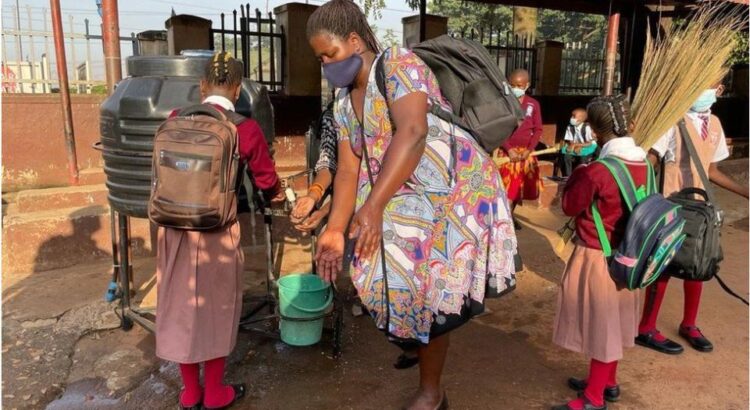
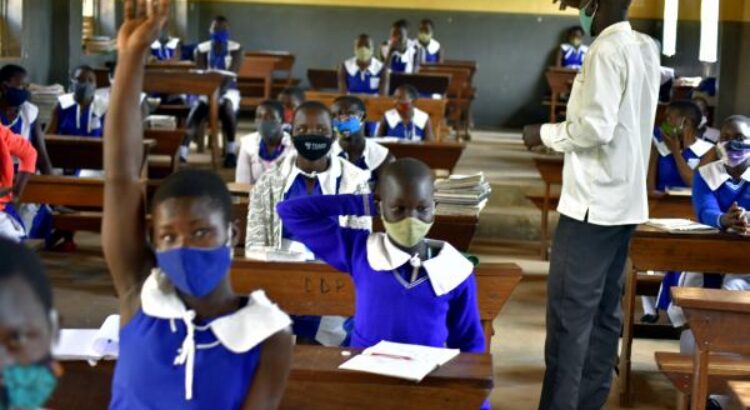

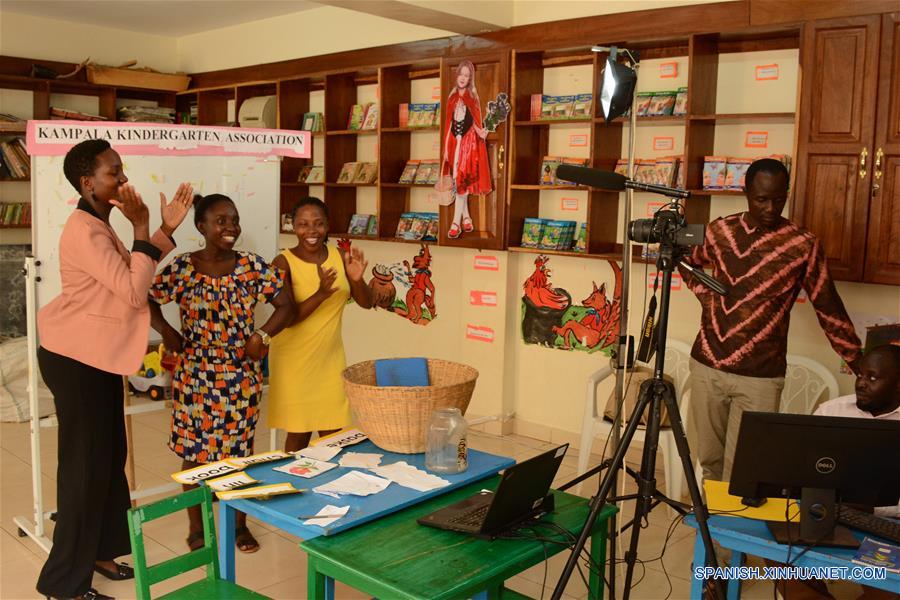
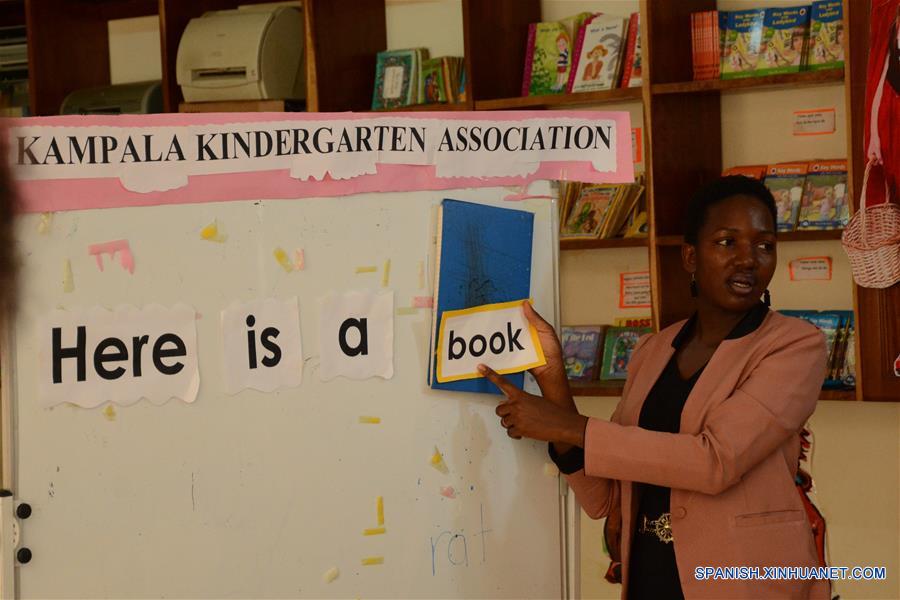
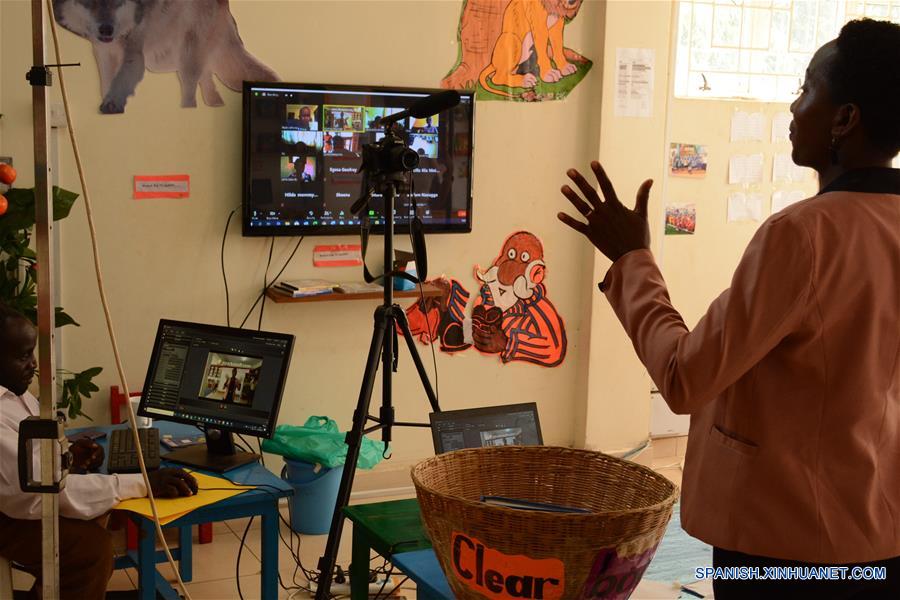
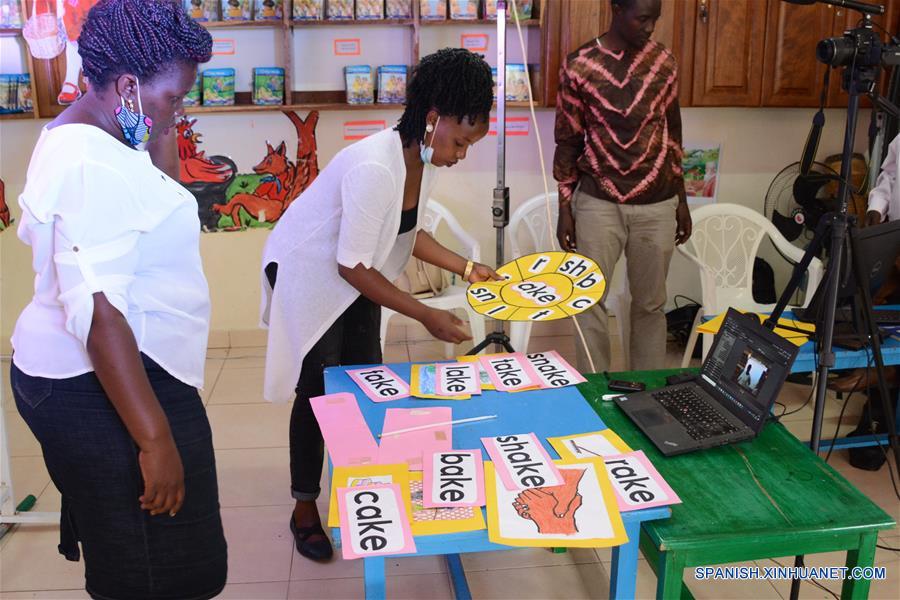

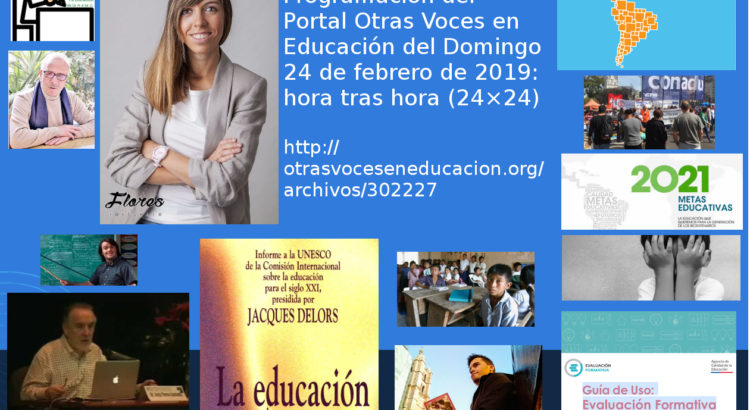
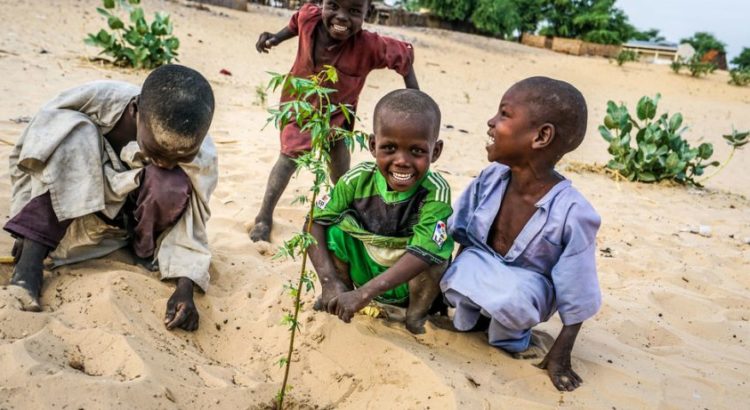
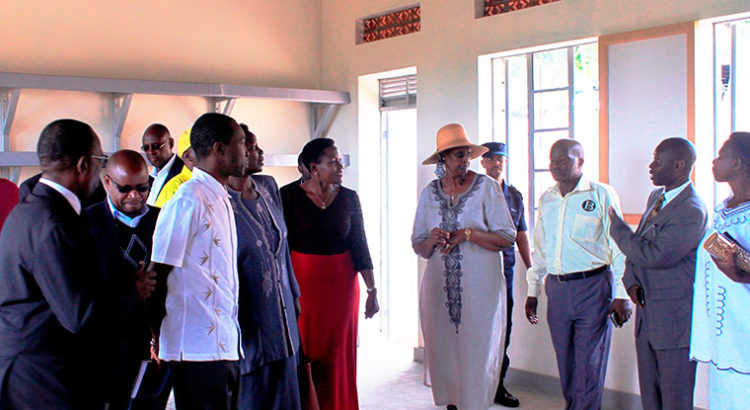







 Users Today : 11
Users Today : 11 Total Users : 35460028
Total Users : 35460028 Views Today : 19
Views Today : 19 Total views : 3418650
Total views : 3418650